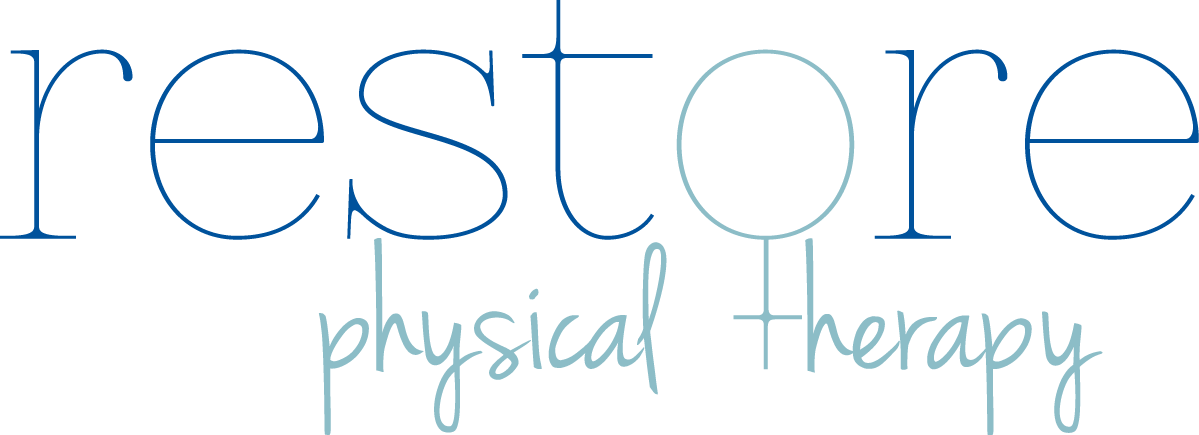PELVIC HEALTH/WOMEN’S HEALTH
Women’s health issues often originate with the pelvic floor muscles. When these muscles are underactive or weak, symptoms such as prolapse and incontinence can result. When they are overactive or have excessive tension, discomfort and even painful symptoms may be present. You may benefit from pelvic floor physical therapy if you have a diagnosis such as:
urinary incontinence
pain with intercourse (dyspareunia)
vaginismus
vestibulitis or vulvodynia
coccyx pain
pelvic organ prolapse
genitourinary syndrome of menopause
piriformis syndrome
sciatica
pelvic pain/dysfunction
bowel dysfunction
constipation
fecal incontinence
abdominal pain
pudendal neuralgia
ANTEPARTUM & POSTPARTUM
A woman’s body experiences many changes during pregnancy. These musculoskeletal changes can be painful and challenging. Your needs during pregnancy are unique and often change as your pregnancy progresses. Physical therapy can reduce your pain, prevent symptoms from becoming chronic, and keep you at your physical best. During pregnancy you may experience:
low back pain
instability of the sacroiliac joints
sciatica
rib pain
carpal tunnel syndrome
round ligament pain
vulvar varicosities
coccyx pain
pubic symphysis dysfunction
pelvic floor muscle dysfunction
In the postpartum months your body again experiences many changes. Clinical research supports rehabilitation after a normal or challenging delivery or pregnancy to address—or prevent—the following:
incontinence
prolapse
painful intercourse
pelvic floor dysfunction
diastasis recti (separation of abdominal wall)
pubic symphysis pain
coccyx pain
back pain
carpal tunnel syndrome
The physical therapist at Restore has specialized training to determine if you have any postpartum dysfunction and to address the dysfunction.
MENOPAUSE (PRE or POST)
Whether your menopause is natural or induced, there are many physical changes that take place. These changes can be musculoskeletal, cardiovascular, vulvovaginal, or cognitive. Symptoms of urinary urge or incontinence, constipation or fecal staining, pain during sex, low libido, abdominal or pelvic pain may result in depression, embarrassment, dependence on medications, or withdrawal from living a full active life. All of these are treatable conditions, but most women, and many of their doctors, don't realize there are physical therapists with highly specialized training in this area of practice available to help you get your life back. At Restore we are trained to help you through the transition.
ORTHOPEDICS
Restore Physical Therapy staff believes no condition exists in isolation. A comprehensive evaluation of your movement and function will be completed to determine the root cause. You may have an underlying orthopedic issue (such as hip pain, low back pain, or sacroiliac joint dysfunction) related to your pelvic floor or obstetrics issues. Typically your symptoms will be addressed with manual therapy and therapeutic exercise.
OSTEOPOROSIS
A diagnosis of osteopenia or osteoporosis can often cause concern, and the fear of falling and experiencing a fracture can be debilitating. There are safe ways to move and exercise that can prevent falls and fractures, and there are exercises that can be done that help maintain bone density and prevent further bone loss. The staff at Restore Physical Therapy can guide you through a program and make sure you remain active, safely.




